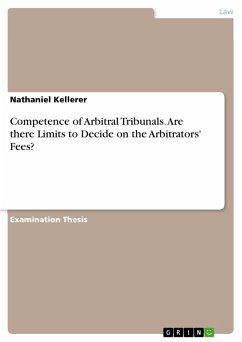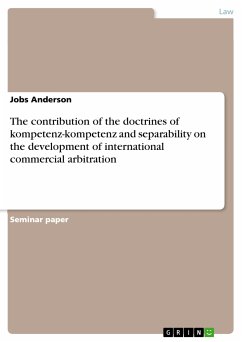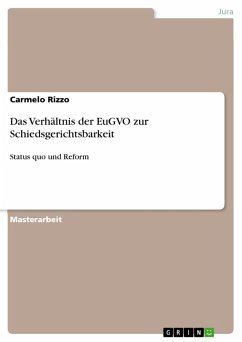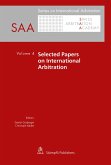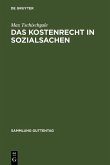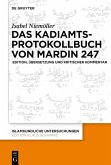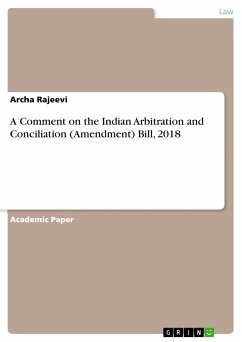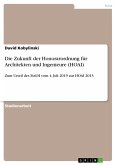Examination Thesis from the year 2017 in the subject Law - Miscellaneous, grade: 15, LMU Munich (Juristische Fakultät), course: Schwerpunktseminar - Internationale Schiedsgerichtsbarkeit, language: English, abstract: This paper deals with the question whether there are limits to the competence of arbitral tribunals to decide on the arbitrators' fees. The paper begins with an outline of the principle, that no one shall be judged in his own affairs in order to demonstrate the problematic nature of the issue. The examination of the scope of competence and its limits will follow the two phases during which its relevance becomes apparent: First, the tribunal's right to remuneration and the scope of its competence to determine such at the stage of the arbitral proceeding. Second, restrictions and limits set by national courts during recognition and enforcement of the award will be addressed. The recent landmark decision by the German Federal Supreme Court shall be evaluated also in light of international case law. A judge or arbitrator would automatically be disqualified from hearing a case in which he or she has a financial or non-pecuniary interest. Statements like this can be found in almost every paper addressing the requirements of an impartial arbitral tribunal or court. If an arbitrator has a financial interest in the victory of a party of the proceeding, it is undisputed that he or she is not capable to decide over the dispute. This gives rise to the question, why courts and legal scholars are hesitant to apply this principle of impartiality to the arbitrators' competence to decide upon its own fees and costs. Certainly, the issue has its own characteristics such as the parties' voluntary submission to arbitration and the special contractual relationship between parties and arbitrators. But how shall the centuries-old principle of nemo iudex in causa sua apply, when an arbitral tribunal decides upon the arbitrators' fee? Under this doctrine no one may act as judge in his own affairs. It is a key rule of natural justice and an essential part of the right to a fair trial as set forth in Art. 6 (1) of the European Convention on Human Rights. It is this paper's objective to analyse and discuss the limits of the arbitral tribunal's competence to judge on its own remuneration.
Dieser Download kann aus rechtlichen Gründen nur mit Rechnungsadresse in A, B, BG, CY, CZ, D, DK, EW, E, FIN, F, GR, HR, H, IRL, I, LT, L, LR, M, NL, PL, P, R, S, SLO, SK ausgeliefert werden.

